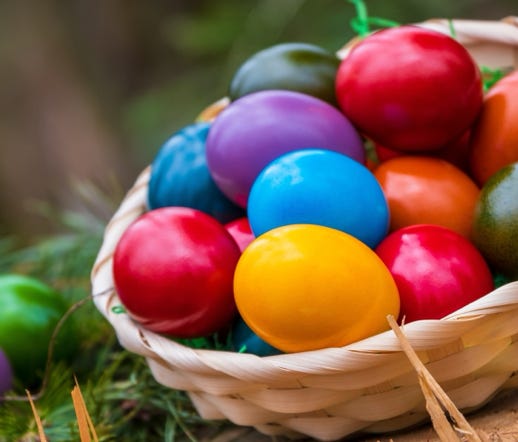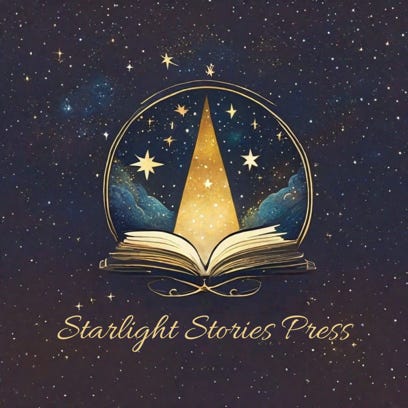
Easter: A Short History of the Holiday & Traditions

Keith Carnes
03/28/2024
Ever want to know a little bit more about the Easter holiday and how traditions and such varied symbolism like bunnies, colorful eggs, and the crucifixion came to occupy the same holiday space? Well, read on my friends!
In this modern era, Easter is a Christian holiday that celebrates the resurrection of Jesus Christ. While the exact beginnings of this holiday are a bit hazy, it's believed that the earliest Christians started celebrating it around the 2nd century AD.
The name "Easter" is thought to have sprouted from the Anglo-Saxon word "ēastre", a term used for a pagan festival that ushers in the spring equinox. It's likely that early Christians adopted this term to symbolize Jesus' resurrection, which also happened in the season of spring.
As the centuries rolled by, Easter bloomed with various customs and traditions, many of which have roots in ancient civilizations. The iconic eggs and rabbits, for instance, symbolize new life and fertility and are likely to have sprung from ancient pagan cultures. And that lovely tradition of exchanging gifts on Easter? It could have blossomed from the spring equinox celebrations, where gifts were swapped as tokens of good luck for the coming year.
For Christians across the globe, Easter is a cornerstone holiday, marking the most momentous event in Christian faith, celebrating the victory of life over death and the commemoration of Jesus' sacrifice.
How people celebrate Easter Sunday varies as much as the colors of the eggs! Church services to honor Jesus' resurrection are common, often followed by a feast with loved ones. Many Christian denominations also host special events like sunrise services and Easter vigils.
Lent, a 40-day period of fasting, repentance, and spiritual discipline that starts on Ash Wednesday and culminates on Easter Sunday, is one of the most venerable and recognized Easter traditions, typically practiced by Catholics . Lent echoes Jesus’ 40-day fast in the desert and serves as a period for spiritual introspection.
In many countries, Easter is a time for joyous egg hunts and lively parades, often adorned with vibrant costumes, music, and floats.
Unlike most holidays, Easter doesn't have a fixed date. Instead, it moves around according to the Christian liturgical calendar, based on the date of the first full moon after the spring equinox. This moon is known as the ecclesiastical full moon, which differs from the astronomical full moon. So, Easter can hop anywhere between March 22 and April 25.
So, now you know a little bit more about Easter and it’s origins & traditions. If you celebrate the holiday, may it be a great one for you and yours!
Joyously,
Keith
Get in touch. For all non-submissions and press inquiries, please contact: hello@starlightstoriespress.com
© 2024, Starlight Stories Press.

